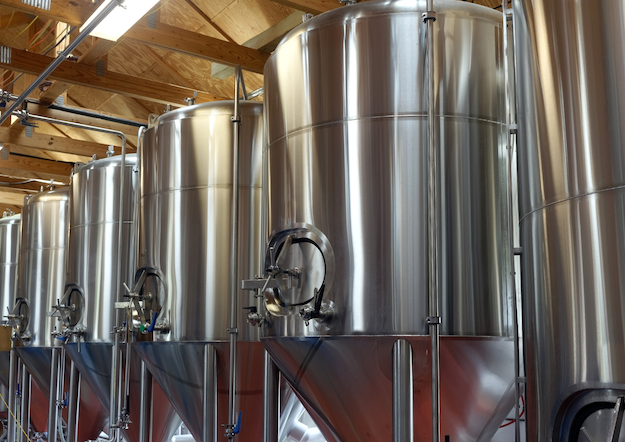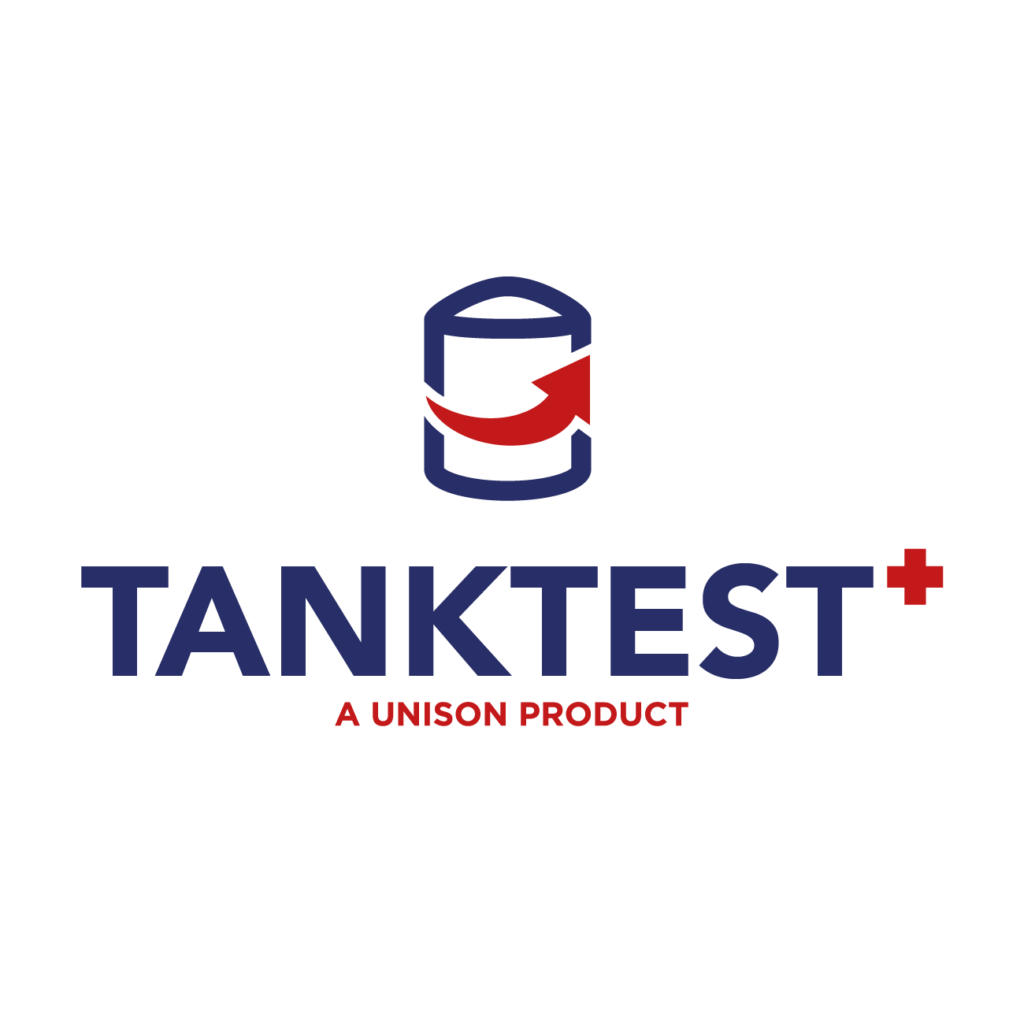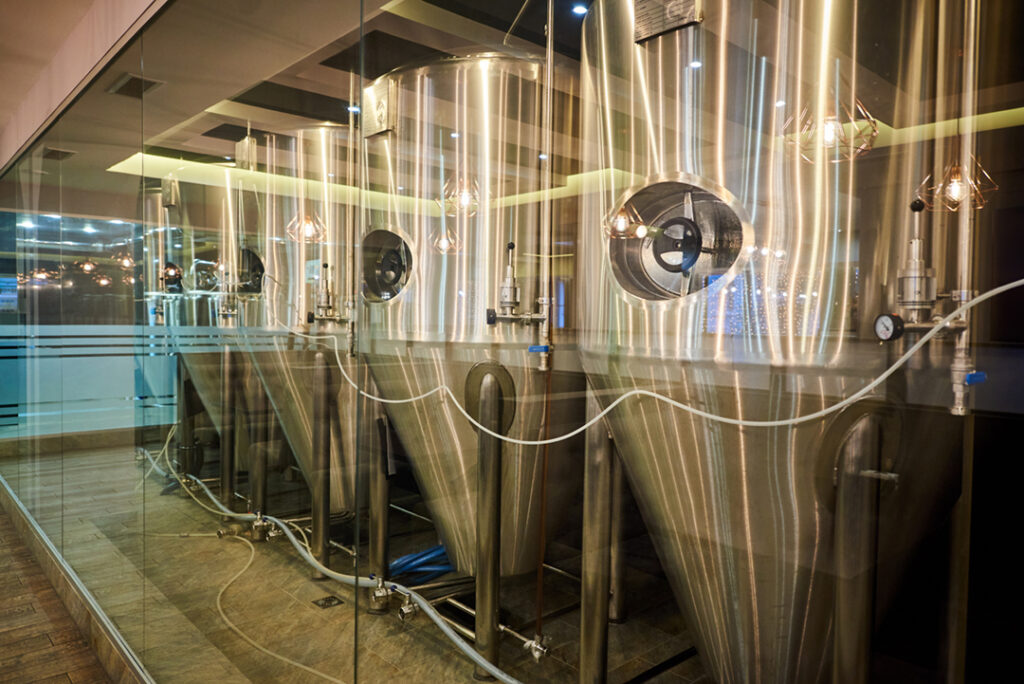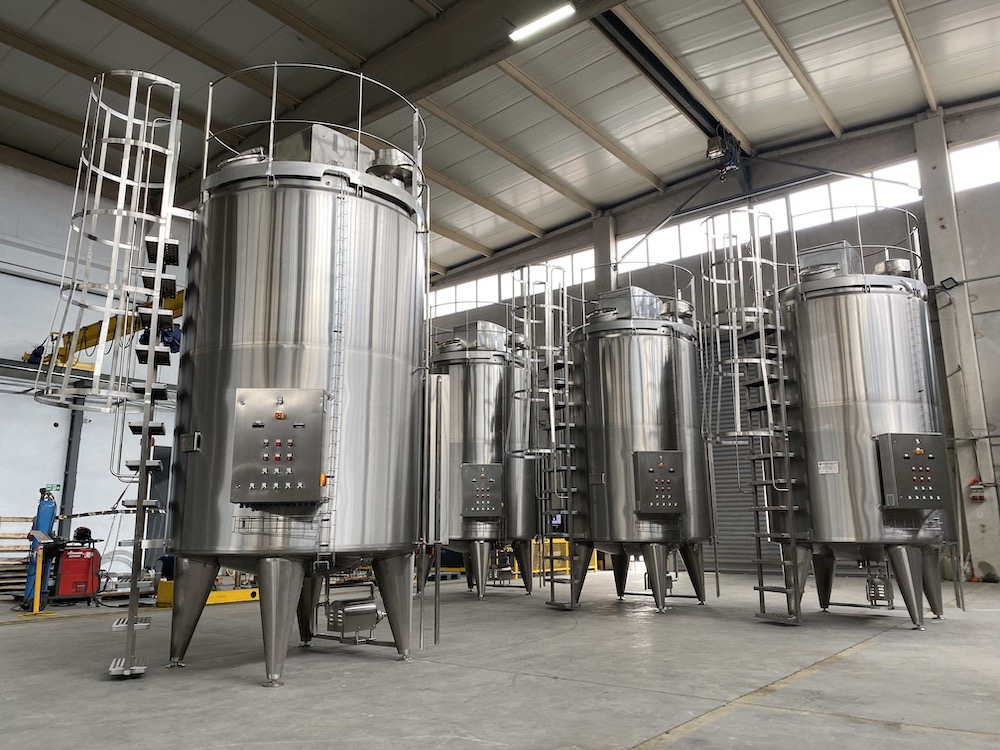In the Food, Beverage, Dairy, Pharmaceutical and chemical industries the need for the safe storage of products and liquids are critical. Storage tanks, product vessels and silos can come in all shapes and sizes and with many subjected to heating or cooling mediums and insulation.
Because of the nature of the processes involving tanks and the methods of fabrication used in their manufacture, material failures will inevitably occur during the life of the vessel. Whilst it is not possible to prevent these failures from taking place, it is possible to minimise the effect that they have when they occur, by ensuring that they are inspected regularly.
Unison is highly experienced when it comes to storage tank testing and inspection, vats, finished milk tanks, storage vessels and silos. We look after preventative maintenance but also offer 24/7 support to our service contract customers in the event of a leak/crack

Tank integrity testing refers to the process of evaluating the structural and operational integrity of a tank used for storing liquids or gases. It is essential to ensure that the tank is safe and reliable for its intended use, and to identify any necessary maintenance or repairs to prevent leaks, spills, or other hazards. Tank integrity testing is important for protecting the environment, ensuring public safety, and maintaining compliance with industry regulations.
Unison offer a complete Integrity test service of all Process Vessels, Silos, spray dryers, cheese vats etc
Jacketed tanks are a critical component in many manufacturing processes, but it is a well known fact that they are prone to cracks which can lead to the product being exposed to contents of the jacket. A leak of this kind can lead to serious contamination and far too often it leads to thousands of litres of product having to be dumped or product recalls.
This is especially true for food, dairy, chocolate, beer and beverage manufacturing.
Tank testing is usually carried out once a year and result in tanks needing to be decommissioned, contractors having to be brought on site, having to enter the tanks and carry out tests. One single tank can take anywhere from 4 hours to two full days depending on the size of the tank.
Rather than testing once a year and waiting until signs of contamination are seen before another test is carried out, our TankTest+ system enables users to do an internal and external check for cracks and defects daily (or whenever the tank is full).
Following the test, the result will be sent via email or text to a designated recipient. It can also be integrated with your automation system/Scada.

Material failures/Metal Fatigue will inevitably occur during the life of a tank. This is due to a variety of reasons including harsh products and protocols, vessels expanding and contracting due to fluctuating temperature and because of the way that jacketed tanks are fabricated (with light metal and attached using spot or fitting welds for additional strength and toughness without superfluous extra weight). The points at which the tanks are welded are particularly prone to failure.
Whilst it is not possible to prevent these failures from taking place, it is possible to minimise the effect that they have when they occur, by ensuring that they are inspected regularly.

We install a series of sensors and automated valves on the tank and the water supply to the jacket. A level sensor in the tank will indicate when the tank is full. Once full, the tank test will commence automatically. By controlling the water in the jacket and using the high level in the tank our system can generates pressure to detect minute cracks in the jacket or the tank.
